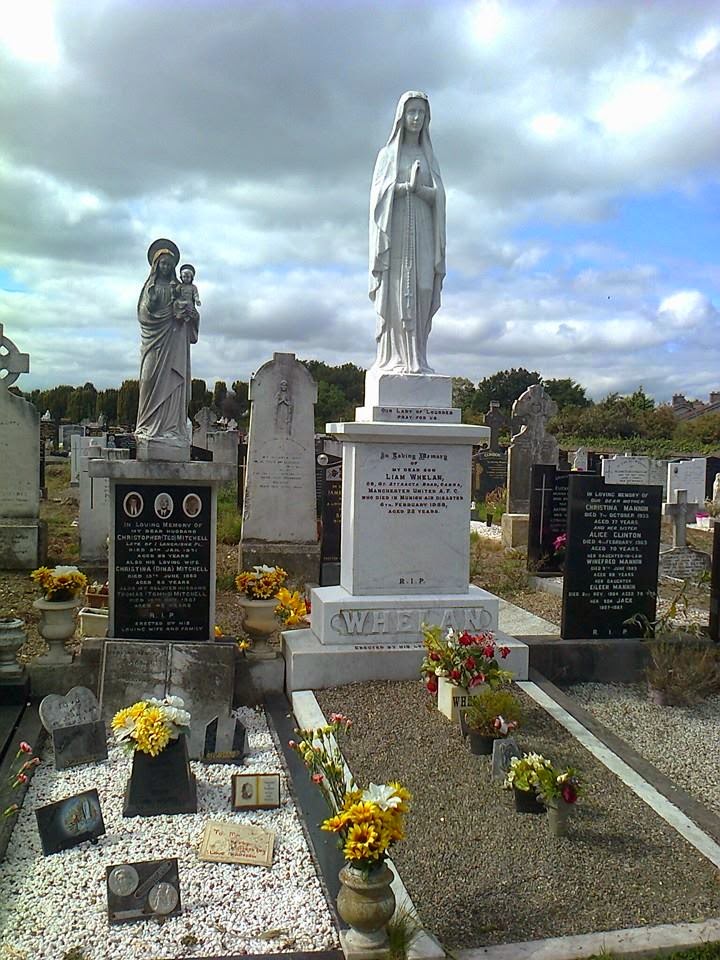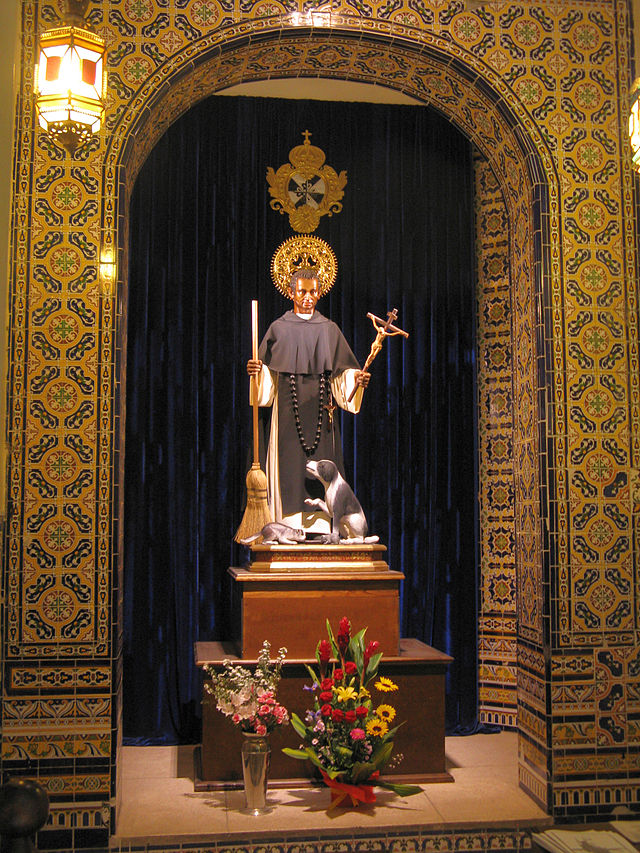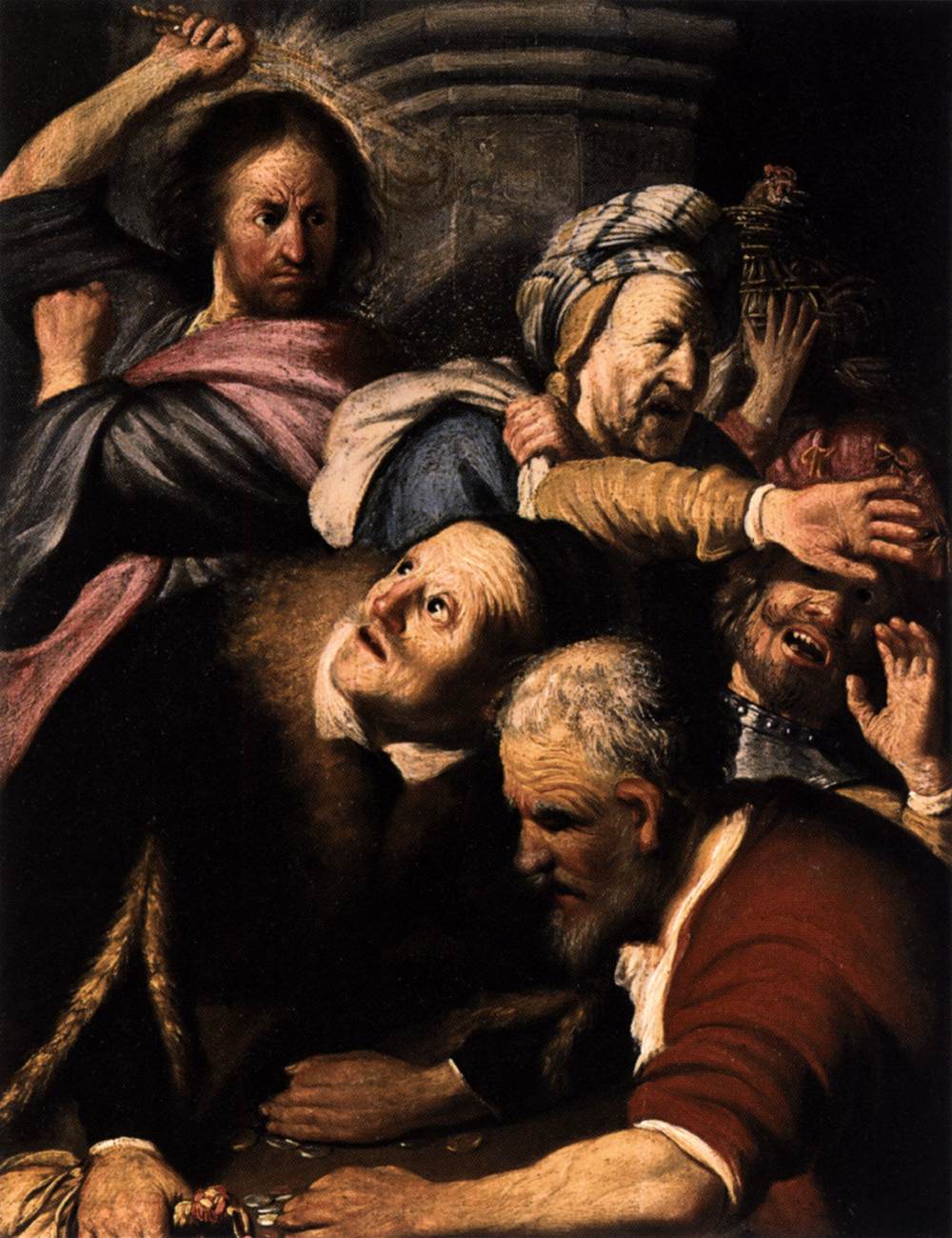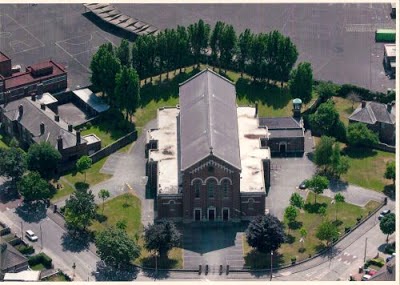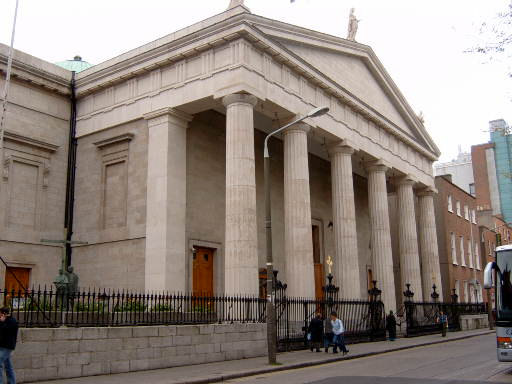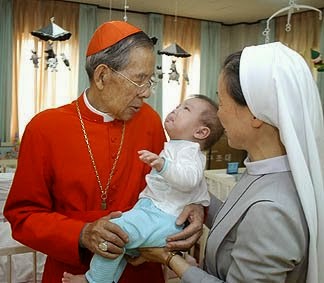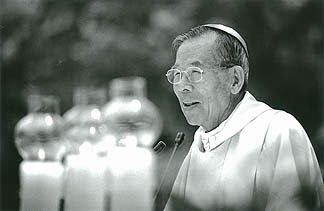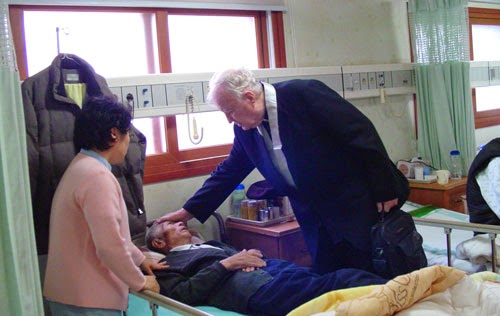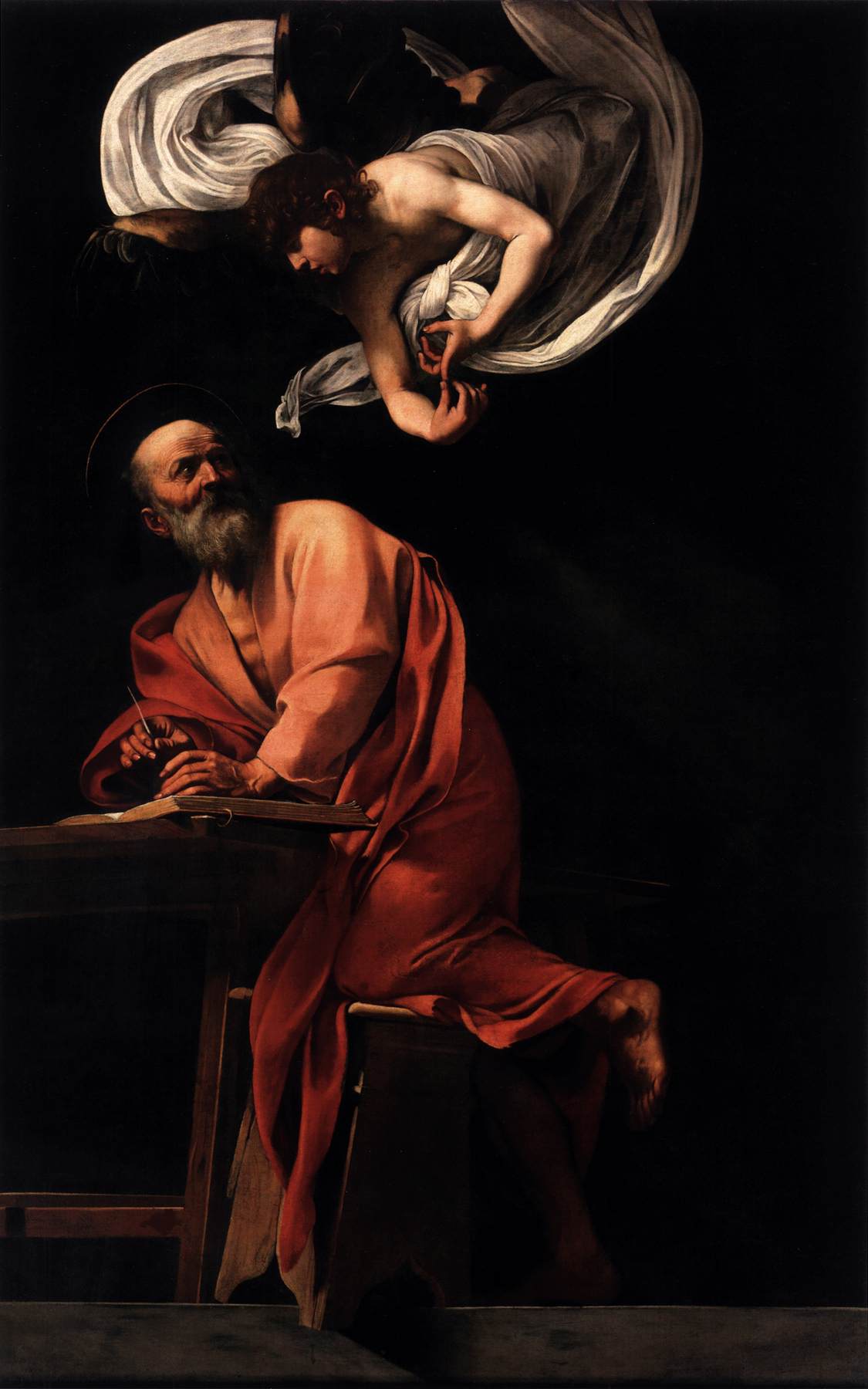Fair Trade and the social teachings of the Catholic Church. Fr Shay Cullen’s Reflections, 18 November 2014
Fair Trade and the social teachings of the Catholic Church
by Fr Shay Cullen
One of the most well-known success stories of Preda Fair Trade is its action to alleviate poverty and oppose the evil trade of human trafficking by implementing the social teachings of the Church. Living out in action these spiritual and social values is a great challenge to Catholics and Christians of all denominations.
Pope Francis has spoken clearly on the need for economic justice in the world. He said that he wants a Church that is poor and for the poor. In his apostolic exhortationEvangelii Gaudium, he grounded this goal in Jesus Christ, who became poor and was always close to the poor and the outcast’ (No 186).
The selling of young people into bars and brothels under the guise and cover of ‘entertainer’ is a modern form of human slavery. Thousands of Filipinos are being sold into this evil form of trade in Asia and Korea is one major destination. Ten thousand Filipinos are reported to be trafficked into Korea, according to one university study.

Preda Dried Mango
Unless we act for children and the youth, and they are allowed to be exploited and abused without our action to help them, then our faith, teaching and evangelization will have little impact and inspiration for the youth today. Perhaps that is why so few go to church. That is why Fair Trade is the long-term sustainable vehicle for delivering social and economic justice to the poorest of the poor. It makes them independent and self-reliant.
Korea and Japan are prime destinations for these young girls, many said to be minors but disguised as adults with fake documents and make-up. The goal is to save victims and uphold the dignity of women and children and provide economic alternatives in their home villages in the Philippines.
The goal of Preda Fair Trade is to curb human exploitation of every kind and promote the human rights of rural poor and workers and help exploited and the oppressed people. This is at the heart of the teaching of Jesus of Nazareth. The Preda Fair Tradeproject aims to prevent human trafficking and sex slavery by teaching the people the values of the gospel and the dignity and rights of every person, especially the rights of women and children.

Preda Dried Manog (Sugar-free)
It also provides livelihood projects to poor families such as organic mango production, fair prices and bonus payments for every small-scale farmer for their mango fruit. Preda Fair Trade also provides water-pumps, bicycles and educational assistance to children. Small-scale farmers are given mango tree saplings and coconut seeds to improve their production. A portion of the earnings from sales of Preda dried mangoes of Preda Fair Trade goes to help child victims of sex trafficking and abuse in Preda therapeutic homes. Preda dried mangoes are widely available in supermarkets in Ireland and the United Kingdom.
By buying the mangoes of small farmers and indigenous people at high, fair prices and paying a bonus to each farmer, Preda Fair Trade is slowly eliminating exploitation and poverty. It is the cruel poverty and social injustice that makes so many impoverished villagers eager to allow their children go to work in cities in the Philippines and abroad. Most don’t know the dangers.
The practice and example of economic justice in fair trade is a form of evangelization in word and action. It is by example of giving justice and fairness that Preda has credibility with the people and society. As St James writes, Faith without action for justice is dead. The Church has a duty to implement the social teachings proclaimed by Jesus and the Popes for generations, Pope Francis in particular, and Fair Trade is one great way to do it.

Preda Dried Mango-Tamarind
The work to protect women and children from sex slavery is a priority. The Preda Foundation has homes that are therapeutic healing centers for child victims and a Preda legal office prosecutes abusers and traffickers through the courts. A percentage of the earnings from the sale of the dried mangoes and other fair traded products helsp fund these services for the victims rescued from Filipino sex bars and brothels.
The evil trade begins when the young women and children are recruited in Filipino villages or towns by human traffickers who promise them good jobs in factories and hotels or as singers and dancers in Korea and elsewhere. They pay part of the’salary’ in advance to the parents and relatives of the young women so they are obligated and become victims of ‘bonded’ labor.
The sex bars are situated near US bases like Camp Stanley. The girls have to sell a certain number of ‘juicy’ drinks to customers and are pressured to give sexual favors to the customers in small rooms at the back of the bars or in nearby cheap hotels. In some cases it is rape as the girls have never expected this and do not consent to it.
The development and promotion of Preda Fair Trade is a most effective way for Catholics to use their buying power to make a strong faith-based commitment and statement for social justice. Faith can be more alive every time they choose to buy a Fair Trade product knowing it is not the product of child labor, exploitation or cheating the producers. They will know it is based on fairness and concern. They will learn too from the information given with the products about the needs of the poor and the positive help that Fair Trade gives to them and what more they can do to help.
shaycullen@preda.org www.preda.org
[Photos from Preda Fair Trade Products]



